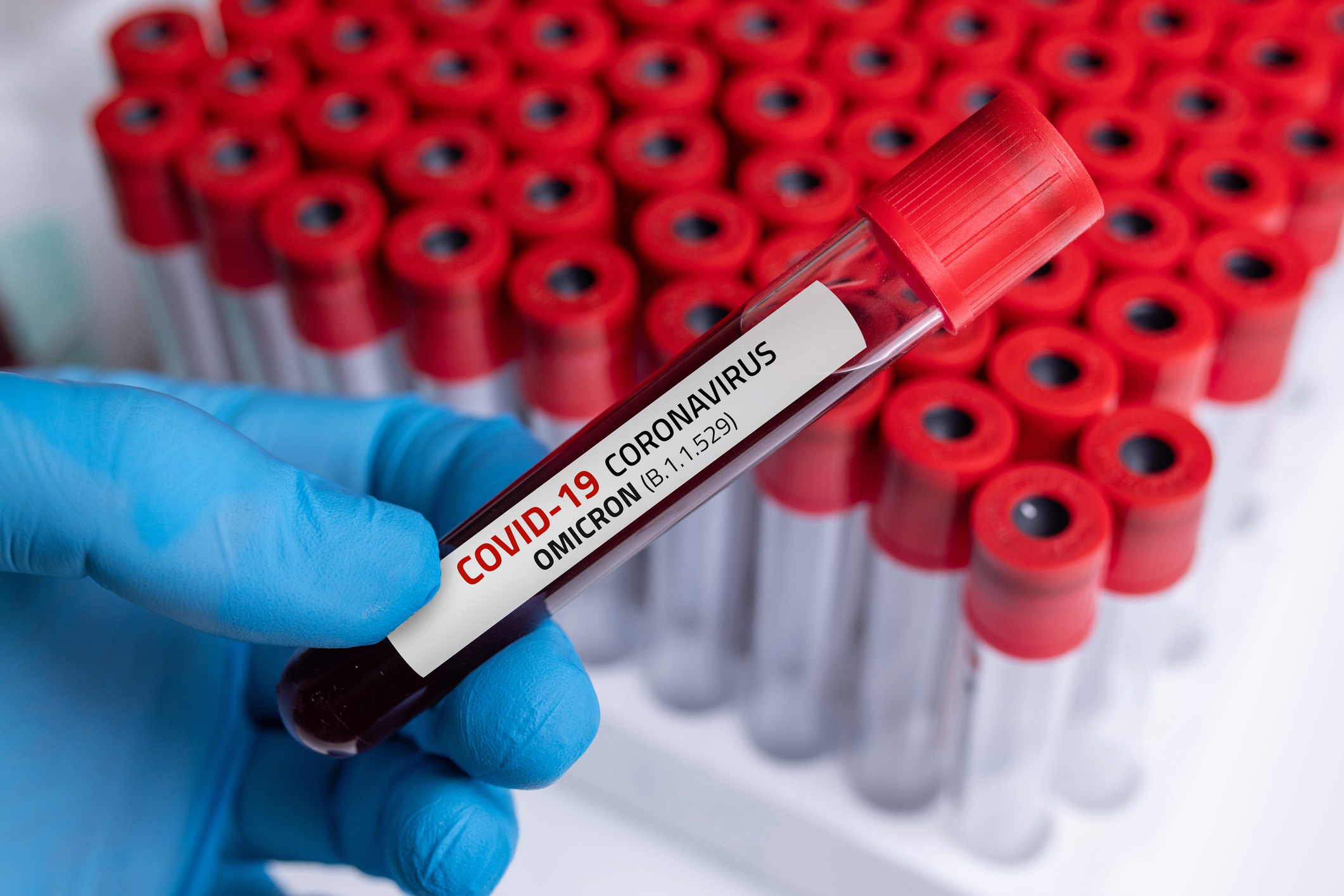
With hospitals across Massachusetts becoming overcrowded with patients fighting COVID-19 infection and other health issues, health care and medical experts told Massachusetts lawmakers Thursday that the omicron variant has the potential to significantly drive up case counts this winter, even among the fully vaccinated.
The collision of the holidays, cold weather and the new COVID-19 variant are raising fears about the ability of hospitals to meet the surging needs of patients, as well as questions about the efficacy of vaccines against the new strain of the virus spreading across the globe.
WATCH ANYTIME FOR FREE
Stream NBC10 Boston news for free, 24/7, wherever you are. |
Dr. Dan Barouch, director of Beth Israel Deaconess Medical Center's Center for Virology & Vaccine Research, said there's "no question" that Massachusetts will see an increase in breakthrough cases among the fully vaccinated if omicron becomes the dominant strain, but he said he "remains optimistic" that vaccines will continue to be highly effective in preventing severe disease.
Get updates on what's happening in Boston to your inbox. Sign up for our News Headlines newsletter.
The Joint Committee on COVID-19 and Emergency Preparedness and Management convened an oversight hearing Thursday to probe the state of play with the coronavirus pandemic in Massachusetts and measures that could be taken to control the latest surge.
Source: CoVariants
Amy O’Kruk/NBC
Both Barouch and Dr. Nahid Bhadelia, founding director of Boston University's Center for Emerging Infectious Diseases Policy & Research, said that while vaccines remain the best tool to fight the pandemic, masks and social distancing should be used to add a layer of protection.
"Is it really that hard to require someone to wear a piece of cloth or a good quality mask, at least in the short-term with a good solid off-ramp?" Bhadelia asked.
More on COVID in Mass.
So far, Gov. Charlie Baker has resisted calls for a new statewide mask mandate, preferring to let cities and towns impose their own rules. Sen. Jo Comerford, co-chair of the committee, said this has resulted in a "swiss-cheese looking map" of communities in Massachusetts that do or don't have an indoor public masking requirement.
Massachusetts Health and Hospital Association CEO Steve Walsh told the committee that as cases rise, hospitals capacity is "stretched more than it has ever been," and he said anything the Legislature can do to address staffing shortages, such making it easier to transfer nursing licenses from other states, would have a positive impact.
"Every conversation with health care leaders begins and ends with staffing," Walsh said, saying hospitals have lost 500 inpatient beds due to inadequate staffing.
Walsh also asked the Legislature to consider restoring liability protections for frontline health care workers that were in place early in the pandemic to protect doctors and nurses who may be asked to treat patients with conditions outside their areas of expertise.
"That is the biggest immediate piece that will allow our caregivers to go to work not worrying that they shouldn't be trying to provide care and be the heroes that they are," Walsh said.
Walsh said he supports mask mandates and noted the mandate in health care settings across Massachusetts, but he said he doesn't have to balance the economic, mental health and educational impacts of masking that Baker and legislators must weigh.
"Nobody is saying don't wear a mask," Walsh said, adding, "People should be wearing a mask whether they're told to or not."



